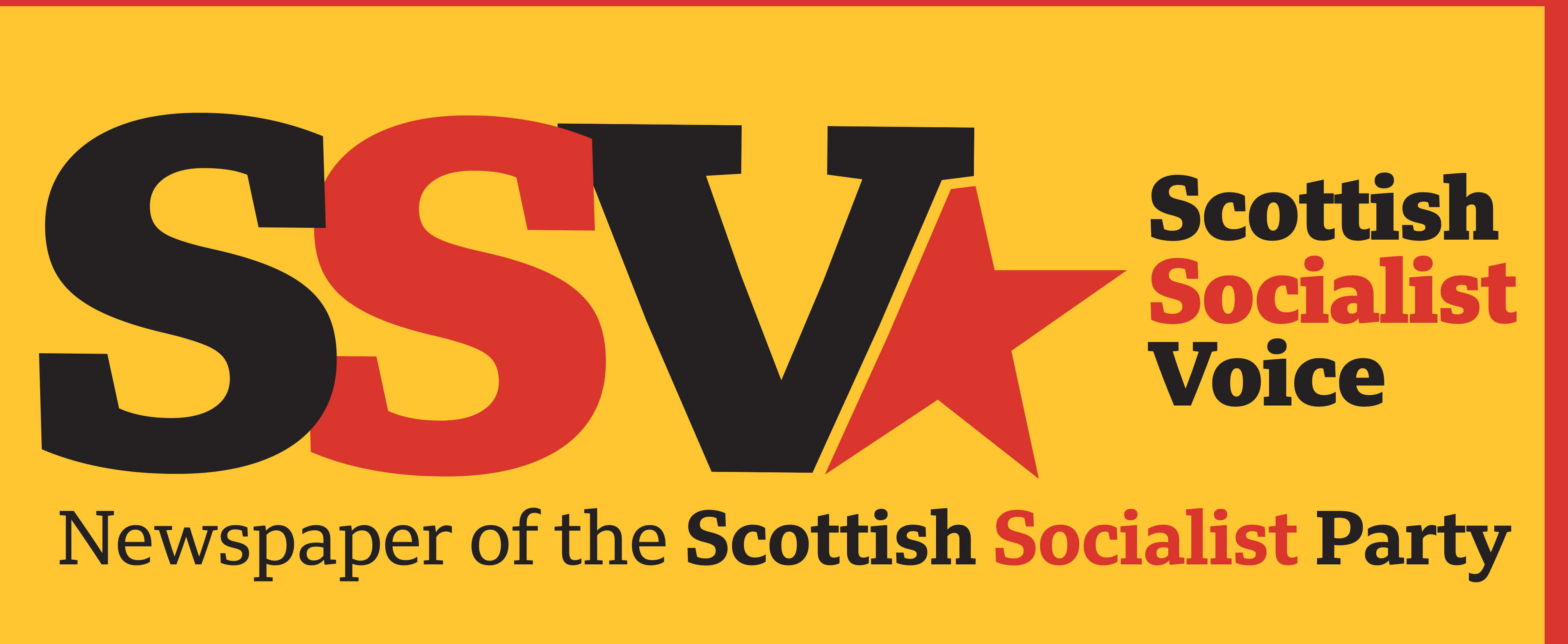Latin America epicentre of drive for socialist change
 CHILE: protests against rising prices, inequality and attempts to privatise public services eventually brought changes to the country’s Pinochet-era constitution
CHILE: protests against rising prices, inequality and attempts to privatise public services eventually brought changes to the country’s Pinochet-era constitution
by Bill Bonnar
· The election for the National Assembly in Venezuela produced the expected landslide victory for the Socialist Party; expected because the right-wing opposition boycotted the poll.
Their excuse was that the election would not be free or fair yet offered no evidence as to why this would be the case.
The reality is that the opposition were on course for big losses and decided on a strategy to de-legitimise the vote.
They also refuse to recognise the result, a position supported by their paymasters in Washington.
Again, no real surprise here. The right wight wing opposition have refused to recognise every election victory by the Socialist Party since 1999 despite most of these being held under international supervision and producing incontestable landslide victories.
It exposes one again that while the opposition are many things they are not and never have been democrats. These are the same people who were enthusiastic supporters of some of the previous right-wing dictatorships that terrorised the people of Venezuela in the sixties and seventies.
Collapse into division
What it does expose is the collapse of the opposition into division, in fighting and increasing irrelevance.
It was little over a year ago that the western media were predicting the collapse of the Venezuelan Government and the coming to power of the ‘democratic opposition’ with their American appointed leader, Guido, as the new president.
Guido is now regarded as a joke figure even by his own side who must surely now be questioning a policy of supporting the American economic sanctions which have inflicted such suffering on the Venezuelan people. How to win hearts and minds?
The disappointing aspect about the election result was the relatively poor turnout of 37 per cent fuelled no doubt by the opposition boycott, the foregone nature of the result and a weary, worn down population.
Another feature was the showing of several parties to the Left of the Socialist Party. Normally, while critical of some aspects of the track record of the government, they tended not to contests seats in fear of splitting the socialist vote.
With the result never in doubt they felt more emboldened. One of the more bizarre features post-election is the decision by the opposition to hold a ‘consultative referendum’ to demonstrate that they in fact represent the Venezuelan people.
A cynical stunt to try and convince their international funders and cheerleaders in the western media that they are still a horse worth backing. Once they have finished laughing at this latest stunt the Venezuelan Government will turn its attention to the new American president looking for evidence of some change of policy.
This result comes just a month after the Movement Towards Socialism secured a landslide election victory in Bolivia overthrowing the right-wing coalition which had previously secured power in a military coup.
Given the support and encouragement of the western media for the original coup the silence on the election victory by MAS has been deafening.
Mass movements demand radical change
What both election results show is that the reactionary tide which had threatened to reverse some of the progressive gains brought about by a succession of Left-wing governments has been halted much to the consternation of the United States, who have largely funded and organised these movements.
It all comes at a time when mass movements are emerging across Latin America demanding radical change.
In Chile, large scale demonstrations have been a regular feature of life in Santiago in protest against rising prices, inequality and attempts to privatise public services. The protests have also focused on bringing about changes to the constitution; itself a hangover from the Pinochet dictatorship.
In Brazil the government’s farcical handling of the Corona virus has resulted in massive loss of life, a collapse in many of the front-line health services and a profound economic crisis.
In response the country’s pro-fascist president, Bolsinaro has been holding Trump style rallies among his often-armed supporters; many of whom openly call for a military coup.
This coincides with rising support for the Workers Party who look set to win the next national election.
In Columbia a year of mass anti-government protests against poverty, inequality and corruption spearheaded by the trade unions and an alliance of Left-wing groups including the new political party that used to be FARC shows no sign of slowing down and has already caused the government to retreat on a number of issues.
From Peru to Guatemala and from Belize to Paraguay movements for progressive change are once on the move. Latin America is again the epicentre of the radical and socialist movement in the world.
A combination of economic and social crisis, climate change emergencies and Covid-19 have demonstrated the utter failure of capitalism to even begin the deal with these multiple challenges.
In fact for growing numbers of people it is the system which is the problem. Bolivia is a good example. What fuelled the MAS victory was the failure of the previous government in dealing with these problems and the sense that MAS offered a way forward.
It is also now becoming clear that the only coherent response by the Right across the region is coming from a growing fascist movement with its toxic mixture of racism and authoritarianism.
For increasing sections of the capitalist ruling class this is now the only option available to protect their wealth and privilege.
For the past 20 years Latin America has been the key battleground between Left and Right; between progress and reaction. That battle continues and is intensifying.

Leave a comment